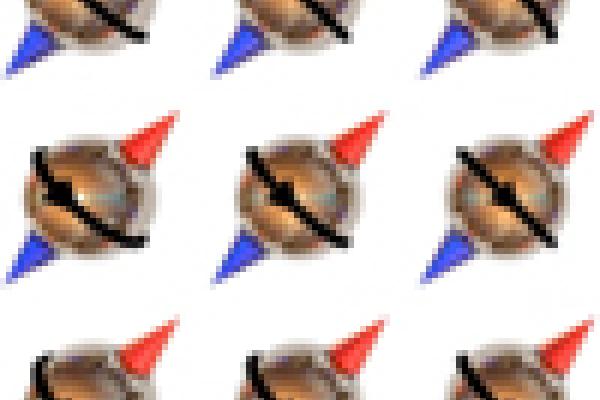Article

Secret symmetry and the Higgs boson (Part I)
It's official: the notorious Higgs boson has been discovered at the Large Hadron Collider at CERN. The Higgs is a subatomic particle whose existence was predicted by theoretical physics. Also termed the god particle, the Higgs boson is said to have given other particles their mass. But how did it do that? In this two-part article we explore the so-called Higgs mechanism, starting with the humble bar magnet and ending with a dramatic transformation of the early Universe.